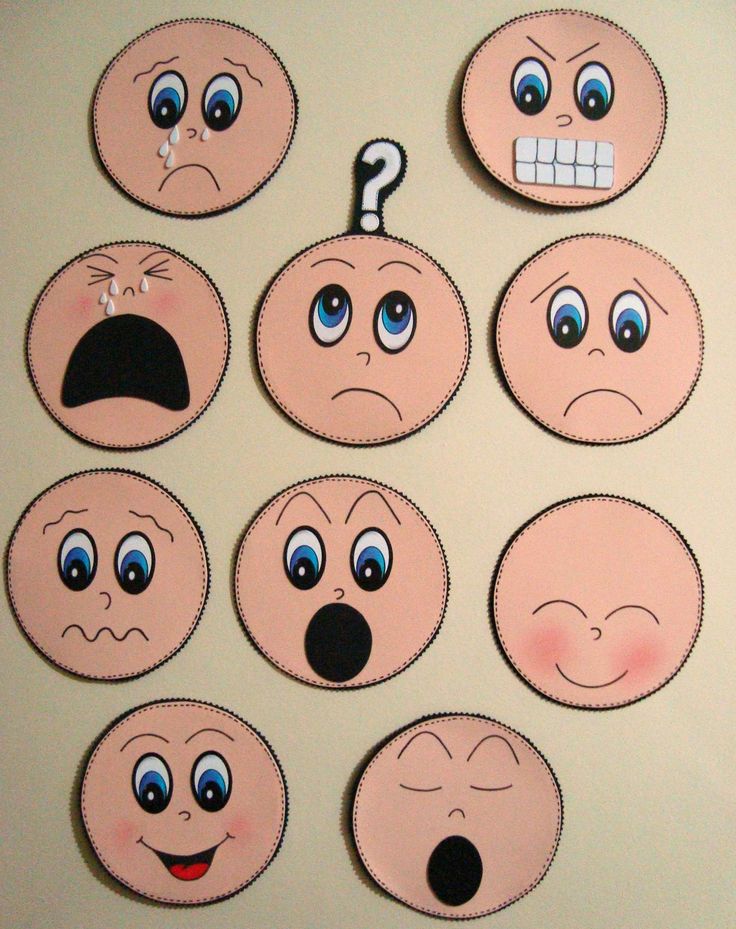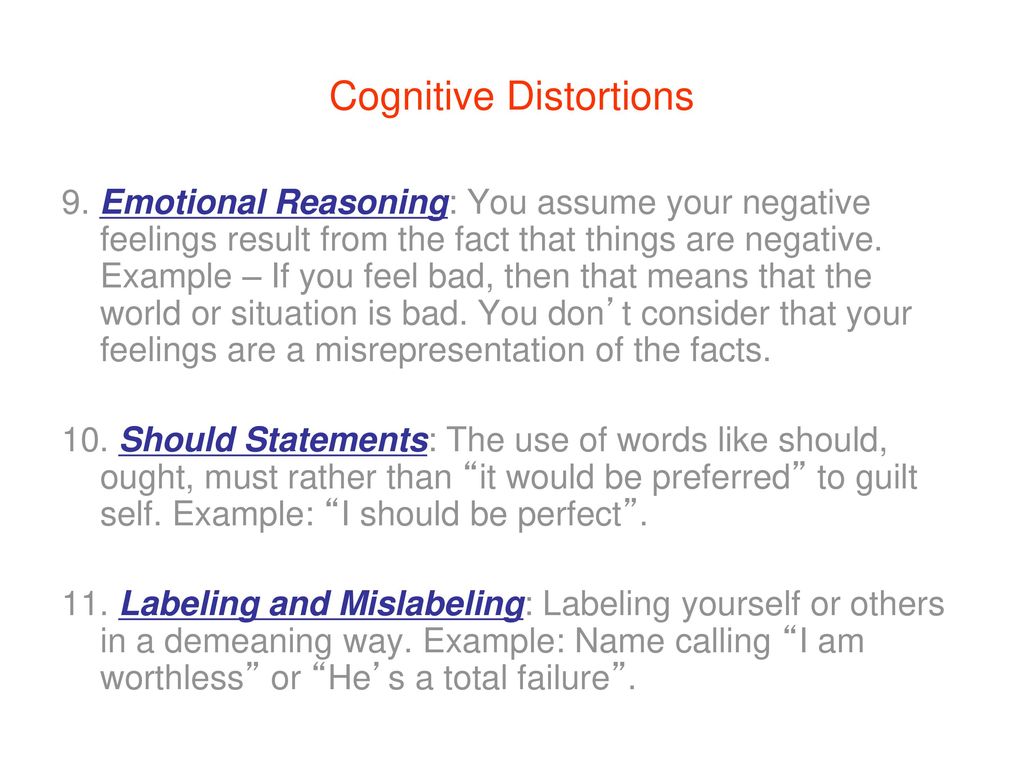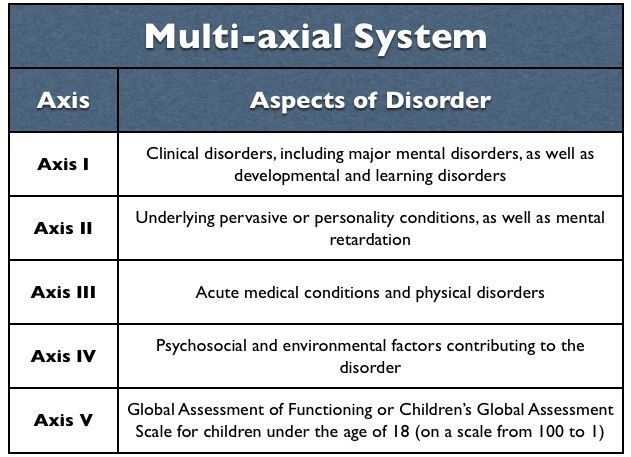Autism test for
Online Test for Adult Autism
Share this page
Question 1
I prefer to do things on my own, rather than with others.
- Definitely Agree
- Slightly Agree
- Slightly disagree
- Definitely disagree
Question 2
I prefer doing things the same way - for instance my morning routine or trip to the supermarket
- Definitely Agree
- Slightly Agree
- Slightly disagree
- Definitely disagree
Question 3
I find myself becoming strongly absorbed in something – even obsessional
- Definitely Agree
- Slightly Agree
- Slightly disagree
- Definitely disagree
Question 4
I am very sensitive to noise and will wear earplugs or cover my ears in certain situations
- Definitely Agree
- Slightly Agree
- Slightly disagree
- Definitely disagree
Question 5
Sometimes people say I am being rude, even though I think I am being polite.
- Definitely Agree
- Slightly Agree
- Slightly disagree
- Definitely disagree
Question 6
I find it easy to imagine what characters from a book might look like.
- Definitely Agree
- Slightly Agree
- Slightly disagree
- Definitely disagree
Question 7
I find it easy to talk in groups of people
- Definitely Agree
- Slightly Agree
- Slightly disagree
- Definitely disagree
Question 8
I am more interested in finding out about ‘things’ than people
- Definitely Agree
- Slightly Agree
- Slightly disagree
- Definitely disagree
Question 9
I find numbers, dates and strings of information fascinating
- Definitely Agree
- Slightly Agree
- Slightly disagree
- Definitely disagree
Question 10
I prefer non-fiction books and films to fiction
- Definitely Agree
- Slightly Agree
- Slightly disagree
- Definitely disagree
Question 11
I find it upsetting if my daily routine is upset or changed
- Definitely Agree
- Slightly Agree
- Slightly disagree
- Definitely disagree
Question 12
It’s difficult for me to understand other people’s facial expression and body language
- Definitely Agree
- Slightly Agree
- Slightly disagree
- Definitely disagree
Question 13
I don’t have any problems making small talk with new people
- Definitely Agree
- Slightly Agree
- Slightly disagree
- Definitely disagree
Question 14
I notice very small changes in a person’s appearance
- Definitely Agree
- Slightly Agree
- Slightly disagree
- Definitely disagree
Question 15
When I was young I used to play lots of ‘let’s pretend’ or imaginary games
- Definitely Agree
- Slightly Agree
- Slightly disagree
- Definitely disagree
Question 16
I like collecting information about things I am interested in
- Definitely Agree
- Slightly Agree
- Slightly disagree
- Definitely disagree
Question 17
I like meeting new people
- Definitely Agree
- Slightly Agree
- Slightly disagree
- Definitely disagree
Question 18
People close to me say I talk about the same things repeatedly
- Definitely Agree
- Slightly Agree
- Slightly disagree
- Definitely disagree
Question 19
I find it easy to work out what people are thinking or feeling just by looking at their facial expressions
- Definitely Agree
- Slightly Agree
- Slightly disagree
- Definitely disagree
Question 20
New social situations make me feel anxious
- Definitely Agree
- Slightly Agree
- Slightly disagree
- Definitely disagree
Question 21
It’s important to me to carefully plan any activities I am going to do
- Definitely Agree
- Slightly Agree
- Slightly disagree
- Definitely disagree
Question 22
I find it hard to work out what people’s intentions are
- Definitely Agree
- Slightly Agree
- Slightly disagree
- Definitely disagree
Question 23
I would find it really hard to play imaginary games with children
- Definitely Agree
- Slightly Agree
- Slightly disagree
- Definitely disagree
Question 24
I am a good diplomat and can help ease difficult social or work situations
- Definitely Agree
- Slightly Agree
- Slightly disagree
- Definitely disagree
Question 25
I am often the last person to understand a joke
- Definitely Agree
- Slightly Agree
- Slightly disagree
- Definitely disagree
Question 26
I like doing things spontaneously
- Definitely Agree
- Slightly Agree
- Slightly disagree
- Definitely disagree
Question 27
If I am interrupted doing something I find it hard to get back to what I was doing before hand
- Definitely Agree
- Slightly Agree
- Slightly disagree
- Definitely disagree
Question 28
I notice patterns in things all the time
- Definitely Agree
- Slightly Agree
- Slightly disagree
- Definitely disagree
Question 29
I have some very strong interests and get upset if I can’t pursue them
- Definitely Agree
- Slightly Agree
- Slightly disagree
- Definitely disagree
Question 30
I can tell if someone I am talking to is getting bored
- Definitely Agree
- Slightly Agree
- Slightly disagree
- Definitely disagree
Question 1 of 30
When answering the above questions please consider how much the statements apply to you.
The above 30 questions may be useful to understand if you are experiencing some of the common behaviours and thoughts associated with being on the Autistic Spectrum. The questions are based on an evidence-based screening tool – the Autism Spectrum Quotient – but are indicative only and do not form a formal diagnosis.
References: S. Baron-Cohen, S. Wheelwright, R. Skinner, J. Martin and E. Clubley, (2001) The Autism Spectrum Quotient (AQ) : Evidence from Asperger Syndrome/High Functioning Autism, Males and Females, Scientists and Mathematicians Journal of Autism and Developmental Disorders 31:5-17
Need to talk:
0203 326 9160 0203 326 9160
Speak with a member of our friendly staff in complete confidence and arrange a consultation, either face-to-face or online.
Take another test
View all tests
We have online mental health quizzes for many conditions including ADHD, autism, anxiety, depression, PTSD, and more. Each one should take no longer than five minutes.
Screening and Diagnosis of Autism Spectrum Disorder
Diagnosing autism spectrum disorder (ASD) can be difficult because there is no medical test, like a blood test, to diagnose the disorder. Doctors look at the child’s developmental history and behavior to make a diagnosis.
ASD can sometimes be detected at 18 months of age or younger. By age 2, a diagnosis by an experienced professional can be considered reliable [1]. However, many children do not receive a final diagnosis until much older. Some people are not diagnosed until they are adolescents or adults. This delay means that people with ASD might not get the early help they need.
Diagnosing children with ASD as early as possible is important to make sure children receive the services and supports they need to reach their full potential [2]. There are several steps in this process.
Developmental Monitoring
Developmental monitoring is an active, ongoing process of watching a child grow and encouraging conversations between parents and providers about a child’s skills and abilities. Developmental monitoring involves observing how your child grows and whether your child meets the typical developmental milestones, or skills that most children reach by a certain age, in playing, learning, speaking, behaving, and moving.
Developmental monitoring involves observing how your child grows and whether your child meets the typical developmental milestones, or skills that most children reach by a certain age, in playing, learning, speaking, behaving, and moving.
Parents, grandparents, early childhood education providers, and other caregivers can participate in developmental monitoring. CDC’s Learn the Signs. Act Early. program has developed free materials, including CDC’s Milestone Tracker app, to help parents and providers work together to monitor your child’s development and know when there might be a concern and if more screening is needed. You can use a brief checklist of milestones to see how your child is developing. If you notice that your child is not meeting milestones, talk with your doctor or nurse about your concerns and ask about developmental screening. Learn more about CDC Milestone Tracker app, milestone checklists, and other parent materials.
When you take your child to a well visit, your doctor or nurse will also do developmental monitoring. The doctor or nurse might ask you questions about your child’s development or will talk and play with your child to see if they are developing and meeting milestones.
The doctor or nurse might ask you questions about your child’s development or will talk and play with your child to see if they are developing and meeting milestones.
Your doctor or nurse may also ask about your child’s family history. Be sure to let your doctor or nurse know about any conditions that your child’s family members have, including ASD, learning disorders, intellectual disability, or attention deficit/hyperactivity disorder (ADHD).
Developmental Screening
Developmental screening takes a closer look at how your child is developing.
Developmental screening is more formal than developmental monitoring. It is a regular part of some well-child visits even if there is not a known concern.
The American Academy of Pediatrics (AAP) recommends developmental and behavioral screening for all children during regular well-child visits at these ages:
- 9 months
- 18 months
- 30 months
In addition, AAP recommends that all children be screened specifically for ASD during regular well-child visits at these ages:
- 18 months
- 24 months
Screening questionnaires and checklists are based on research that compares your child to other children of the same age.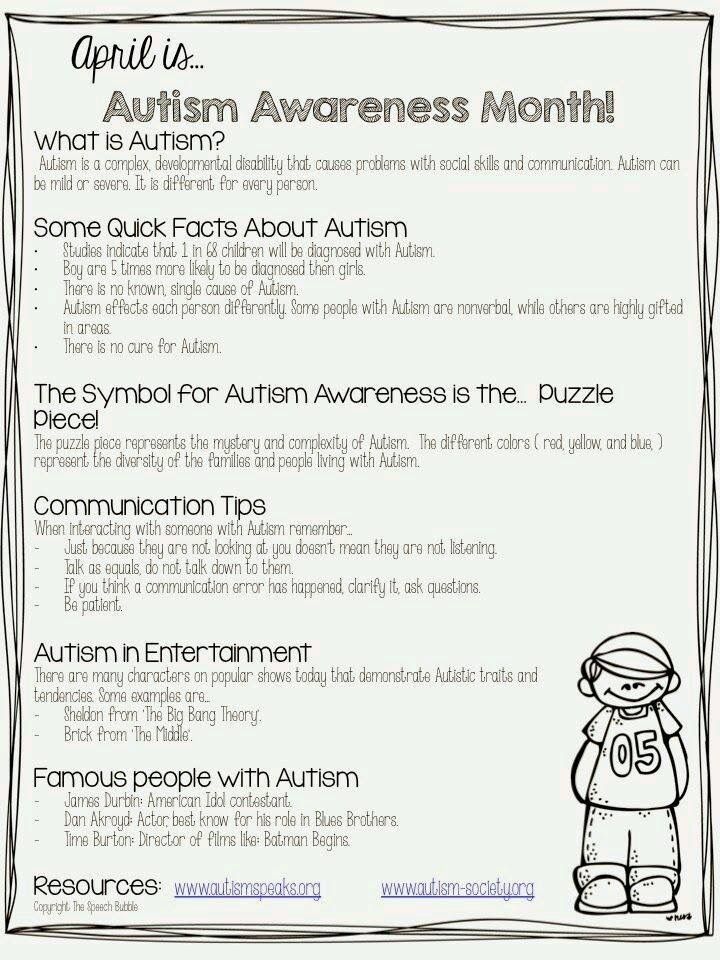 Questions may ask about language, movement, and thinking skills, as a well as behaviors and emotions. Developmental screening can be done by a doctor or nurse, or other professionals in healthcare, community, or school settings. Your doctor may ask you to complete a questionnaire as part of the screening process. Screening at times other than the recommended ages should be done if you or your doctor have a concern. Additional screening should also be done if a child is at high risk for ASD (for example, having a sibling or other family member with ASD) or if behaviors sometimes associated with ASD are present. If your child’s healthcare provider does not periodically check your child with a developmental screening test, you can ask that it be done.
Questions may ask about language, movement, and thinking skills, as a well as behaviors and emotions. Developmental screening can be done by a doctor or nurse, or other professionals in healthcare, community, or school settings. Your doctor may ask you to complete a questionnaire as part of the screening process. Screening at times other than the recommended ages should be done if you or your doctor have a concern. Additional screening should also be done if a child is at high risk for ASD (for example, having a sibling or other family member with ASD) or if behaviors sometimes associated with ASD are present. If your child’s healthcare provider does not periodically check your child with a developmental screening test, you can ask that it be done.
View and print a fact sheet on developmental monitoring and screening pdf icon[657 KB, 2 Pages, Print Only]
Developmental Diagnosis
A brief test using a screening tool does not provide a diagnosis, but it can indicate whether a child is on the right development track or if a specialist should take a closer look.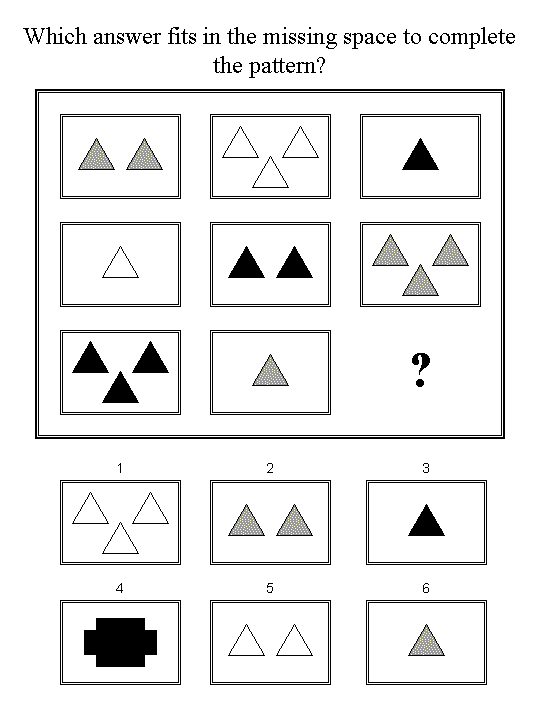 If the screening tool identifies an area of concern, a formal developmental evaluation may be needed. This formal evaluation is a more in-depth look at a child’s development and is usually done by a trained specialist such as a developmental pediatrician, child psychologist, speech-language pathologist, occupational therapist, or other specialist. The specialist may observe the child give the child a structured test, ask the parents or caregivers questions, or ask them to fill out questionnaires. The results of this formal evaluation highlight your child’s strengths and challenges and can inform whether they meet criteria for a developmental diagnosis.
If the screening tool identifies an area of concern, a formal developmental evaluation may be needed. This formal evaluation is a more in-depth look at a child’s development and is usually done by a trained specialist such as a developmental pediatrician, child psychologist, speech-language pathologist, occupational therapist, or other specialist. The specialist may observe the child give the child a structured test, ask the parents or caregivers questions, or ask them to fill out questionnaires. The results of this formal evaluation highlight your child’s strengths and challenges and can inform whether they meet criteria for a developmental diagnosis.
A diagnosis of ASD now includes several conditions that used to be diagnosed separately; autistic disorder, pervasive developmental disorder not otherwise specified (PDD-NOS), and Asperger syndrome. Your doctor or other healthcare provider can help you understand and navigate the diagnostic process.
The results of a formal developmental evaluation can also inform whether your child needs early intervention services.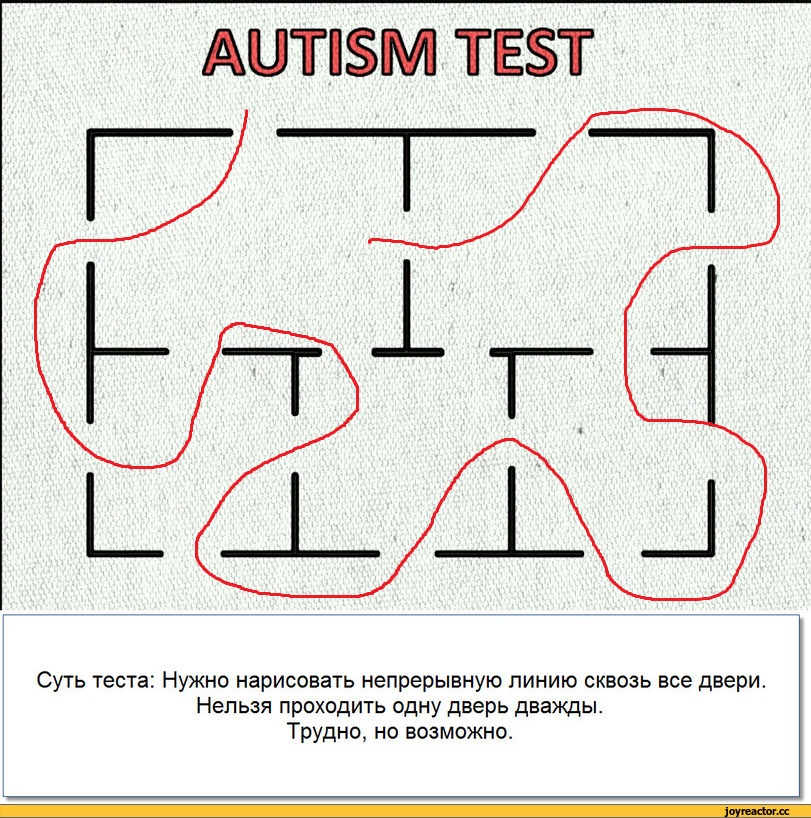 In some cases, the specialist might recommend genetic counseling and testing for your child.
In some cases, the specialist might recommend genetic counseling and testing for your child.
References
- Lord C, Risi S, DiLavore PS, Shulman C, Thurm A, Pickles A. Autism from 2 to 9 years of age. Arch Gen Psychiatry. 2006 Jun;63(6):694-701.
- Hyman SL, Levey SE, Myers SM, Council on Children with Disabilities, Section on Developmental and Behavioral Pediatrics. Identification, Evaluation, and Management of Children With Autism Spectrum Disorder. Pediatrics. 2020 Jan;145(1).
A diagnostic test that allows you to independently track the dynamics of a child's development - NGO of assistance to children with ASD "Contact"
ATEC Autism Test to assess progress and identify problems
TheAutism Test, ATEK, is used to assess progress in children with autism. Scoring is automatic.
I. Speech/Language/Communication Skills
1. Knows own name: YesSometimesNo Knows own name: YesSometimesNo | 2. Responds to 'no' or 'stop': YesSometimesNo |
| 3. Can execute some commands: YesSometimesNo | 4. Can say one word: YesSometimesNo |
| 5. Can say 2 words in a row: YesSometimesNo | 6. Can say 3 words in a row: YesSometimesNo |
| 7. Knows 10 or more words: YesSometimesNo | 8. Uses sentences of 4 or more words in speech: YesSometimesNo |
| 9. Explains what he/she wants: YesSometimesNo | 10. Asks meaningful questions: YesSometimesNo |
| 11. Speech is most often meaningful/logical: YesSometimesNo | 12. Often uses sentences arranged in a logical sequence: YesSometimesNo |
| 13. Maintains a conversation: YesSometimesNo | 14. Has normal communication skills for her age: YesSometimesNo |
II. Socialization
1.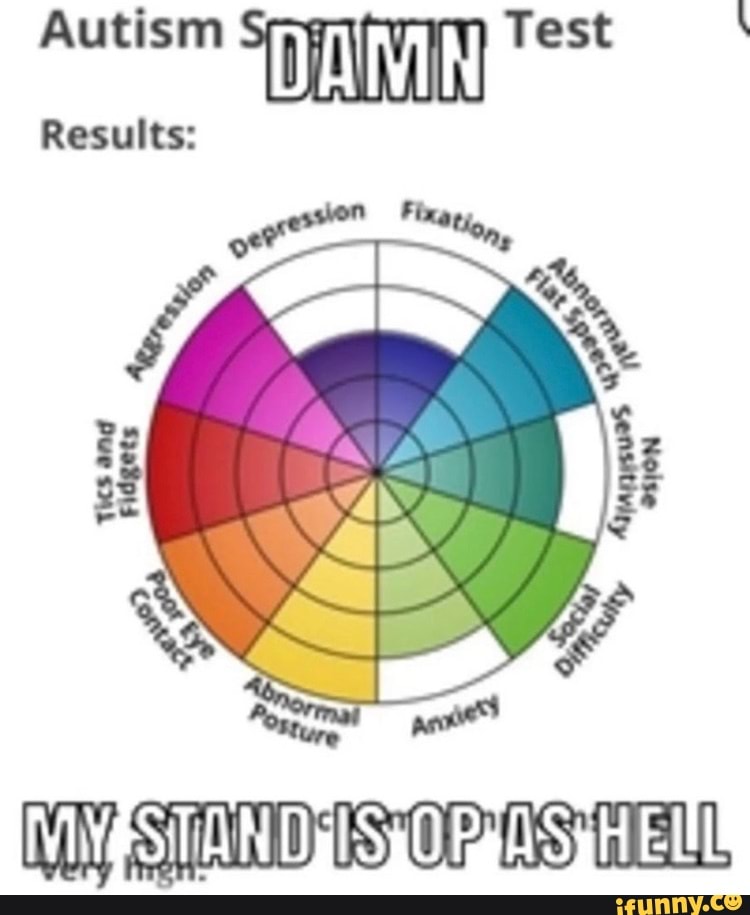 Seems to be in a shell - you can't reach him/her: YesSometimesNo Seems to be in a shell - you can't reach him/her: YesSometimesNo | 2. Ignores other people: YesSometimesNo |
| 3. Doesn't pay much attention when he/she is spoken to: YesSometimesNo | 4. Not willing to work together: YesSometimesNo |
| 5. No eye contact: YesSometimesNo | 6. Prefers to be alone: YesSometimesNo |
| 7. Shows no affection: YesSometimesNo | 8. Doesn't greet parents: YesSometimesNo |
| 9. Avoids contact with others: YesSometimesNo | 10. No simulation: YesSometimesNo |
| 11. Dislikes touching/hugs: YesSometimesNo | 12. Not divided, no pointing gesture: YesSometimesNo |
| 13. Does not wave goodbye: YesSometimesNo | 14. Naughty/Naughty: YesSometimesNo |
| 15. Has fits of anger, irritability: YesSometimesNo | 16. Lack of friends/no company: YesSometimesNo |
17. Rarely smiles: YesSometimesNo Rarely smiles: YesSometimesNo | 18. Doesn't understand other people's feelings: YesSometimesNo |
| 19. Indifferent if sympathy is expressed to him: YesSometimesNo | 20. Does not respond to parental care: YesSometimesNo |
III. Sensory/Cognitive Skills
| 1. Responds to own name: YesSometimesNo | 2. Responds to praise: YesSometimesNo |
| 3. Looks at people and animals: YesSometimesNo | 4. Looks at pictures (and TV): YesSometimesNo |
| 5. Can draw, paint, craft: YesSometimesNo | 6. Plays with toys correctly: YesSometimesNo |
| 7. Facial expression appropriate to the situation: YesSometimesNo | 8. Understands what is happening on the TV screen: YesSometimesNo |
| 9. Understands explanations: YesSometimesNo | 10. Is aware of the environment: YesSometimesNo Is aware of the environment: YesSometimesNo |
| 11. Recognizes danger: YesSometimesNo | 12. Shows imagination: YesSometimesNo |
| 13. Shows initiative: YesSometimesNo | 14. Knows how to dress himself: YesSometimesNo |
| 15. Shows curiosity, interest: YesSometimesNo | 16. Courageous - explores surroundings: YesSometimesNo |
| 17. Adequately perceives the environment, does not withdraw into himself: YesSometimesNo | 18. Looks where others are looking: YesSometimesNo |
IV. Health / Growth / Behavior
| 1. Bedwetting: Not a problem Mild problem Medium problem Serious problem | 2. Peeing in pants/diapers: No problem Mild problem Medium problem Serious problem |
| 3. Pooping in pants/diapers: No problem Mild problem Medium problem Serious problem | 4. Diarrhea: Not a problem Mild problem Medium problem Serious problem Diarrhea: Not a problem Mild problem Medium problem Serious problem |
| 5. Constipation: Not a problem Mild problem Medium problem Serious problem | 6. Sleep problems: Not a problem Mild problem Medium problem Serious problem |
| 7. Eating too much/too little: Not a problem Mild problem Medium problem Serious problem | 8. Eats a very limited set of foods: No problem Mild problem Medium problem Serious problem |
| 9. Hyperactivity: Not a problem Mild problem Medium problem Serious problem | 10. Apathy: No problem Mild problem Medium problem Serious problem |
| 11. Hits or injures himself: No problem Minor problem Medium problem Serious problem | 12. Hitting or injuring others: No problem Minor problem Medium problem Serious problem |
| 13. Breaks and throws everything around: No problem Minor problem Medium problem Serious problem | 14. Sound Sensitivity: No Problem Mild Problem Moderate Problem Serious Problem |
15.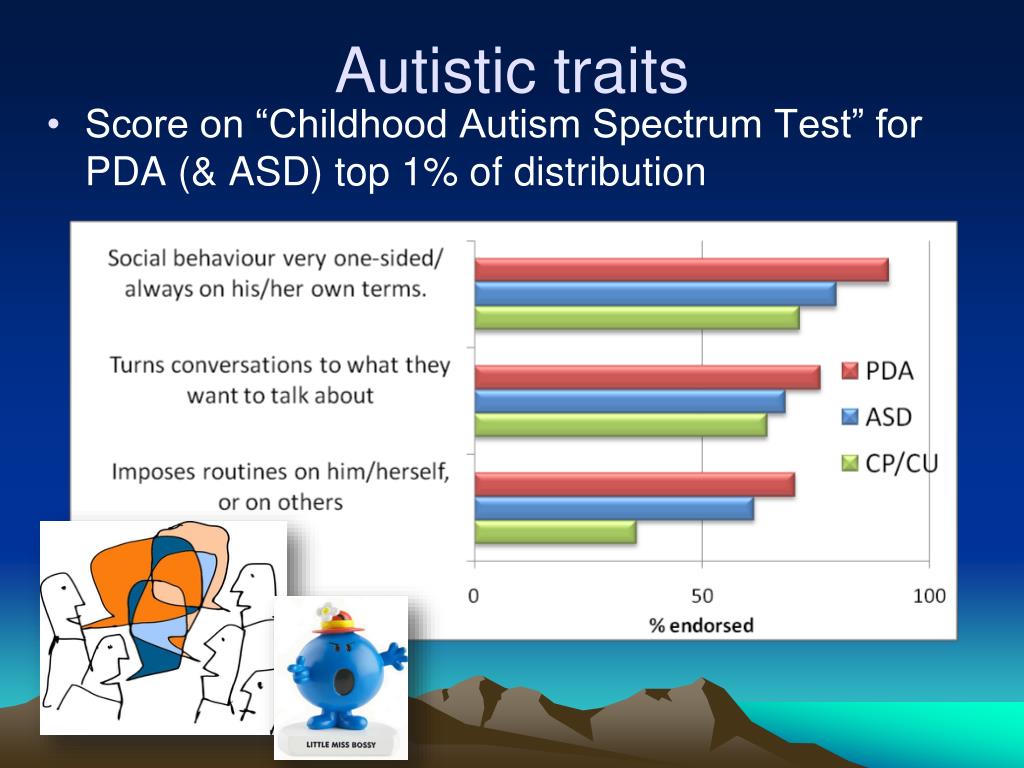 Anxiety/fear: Not a problem Mild problem Medium problem Serious problem Anxiety/fear: Not a problem Mild problem Medium problem Serious problem | 16. Depression/tears: No problem Mild problem Medium problem Serious problem |
| 17. Seizures: No problem Mild problem Medium problem Serious problem | 18. Obsessive Speech: Not a Problem Mild Problem Medium Problem Serious Problem |
| 19. Same procedure: No problem Mild problem Medium problem Serious problem | 20. Screams and Shouts: No Problem Minor Problem Medium Problem Serious Problem |
| 21. Need for uniformity: Not a problem Mild problem Medium problem Serious problem | 22. Persistent agitation: No problem Mild problem Medium problem Serious problem |
| 23. Insensitivity to pain: No problem Mild problem Medium problem Serious problem | 24. Concentration on certain subjects/topics: Not a problem Mild problem Medium problem Serious problem |
| 25. Repetitive movements: Not a problem Mild problem Medium problem Serious problem |
Outcome scale:
- 10-15 non autistic child, completely normal, well developed child
- 16-30 non-autistic child, slight developmental delay
- 31-40 mild or moderate autism
- 41-60 moderate autism
- 61 and above severe autism
The ATEC test is not a diagnostic test, but serves to evaluate progress.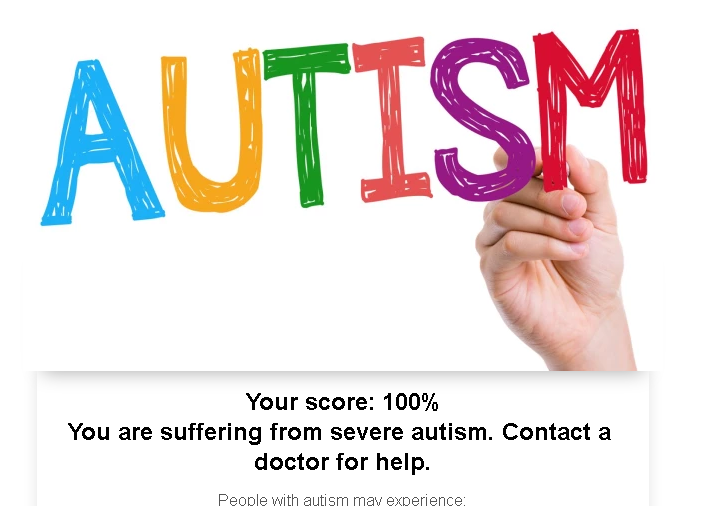 The test is not intended to confirm the presence of autism, for an accurate diagnosis, you must contact a specialist.
The test is not intended to confirm the presence of autism, for an accurate diagnosis, you must contact a specialist.
Ministry of Health
Childhood autism
Pervasive (general) developmental disorder characterized by disturbances in social interaction and communication, as well as the presence of stereotypes and limited interests. This disorder manifests itself at an early age (up to three years).
In countries using the ICD-10, the diagnosis of childhood autism" is still relevant, while in the DSM-5 it is included in the diagnosis of "disorder autism spectrum"
Autism (autism spectrum disorder, ASD) is a neurological disorder development with a variety of symptoms.
Modified Autism Screening Test for Children, Revised (M-CHAT-R)
Modified Checklist for Autism in Toddlers- Revised, M-CHAT-R
Screening A Level I Risk Assessment Tool for Autism Spectrum Disorders (ASD) in a child between the ages of 16 and 30 months.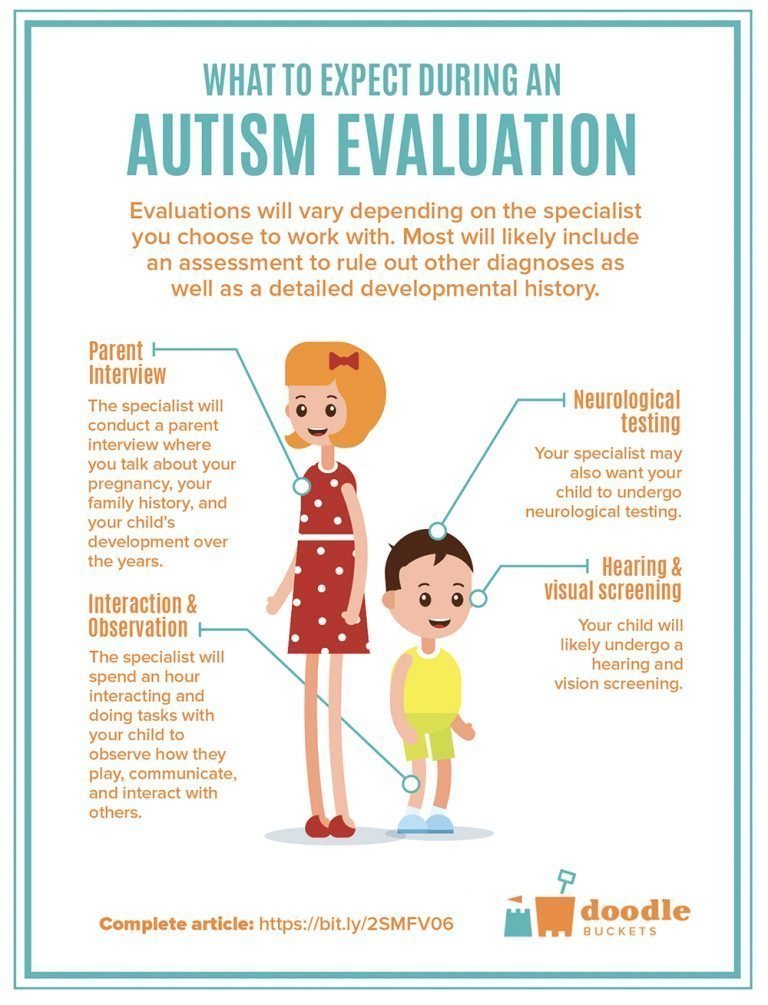 Consists of 20 questions can be answered by both the parent and any other adult in close contact with child. The survey can be conducted both in person and over the phone. or even online. This questionnaire is considered the most studied and effective a level I screening tool for ASD risk assessment.
Consists of 20 questions can be answered by both the parent and any other adult in close contact with child. The survey can be conducted both in person and over the phone. or even online. This questionnaire is considered the most studied and effective a level I screening tool for ASD risk assessment.
To take the test to determine the risk of autism in a child, be sure to contact your clinic.
You can familiarize yourself with the test and pre-pass it at the link . You you can take the online version of the M-CHAT-R questionnaire, which allows you to determine the risk of autism in a child aged 16-30 months. It consists of 20 questions for parents. It usually takes a few minutes to answer questions. For passing test, follow the active link above or click on the banner:
Video about identifying signs of autism in a child: "Watch the child"
List useful online resources on autism:
http://test-autism.

